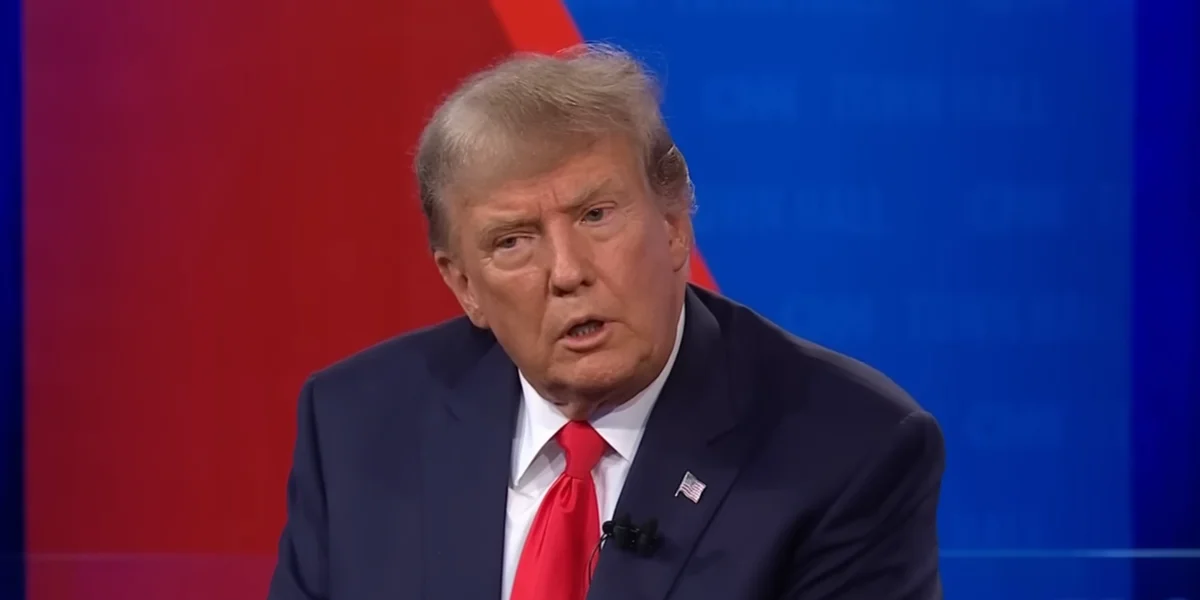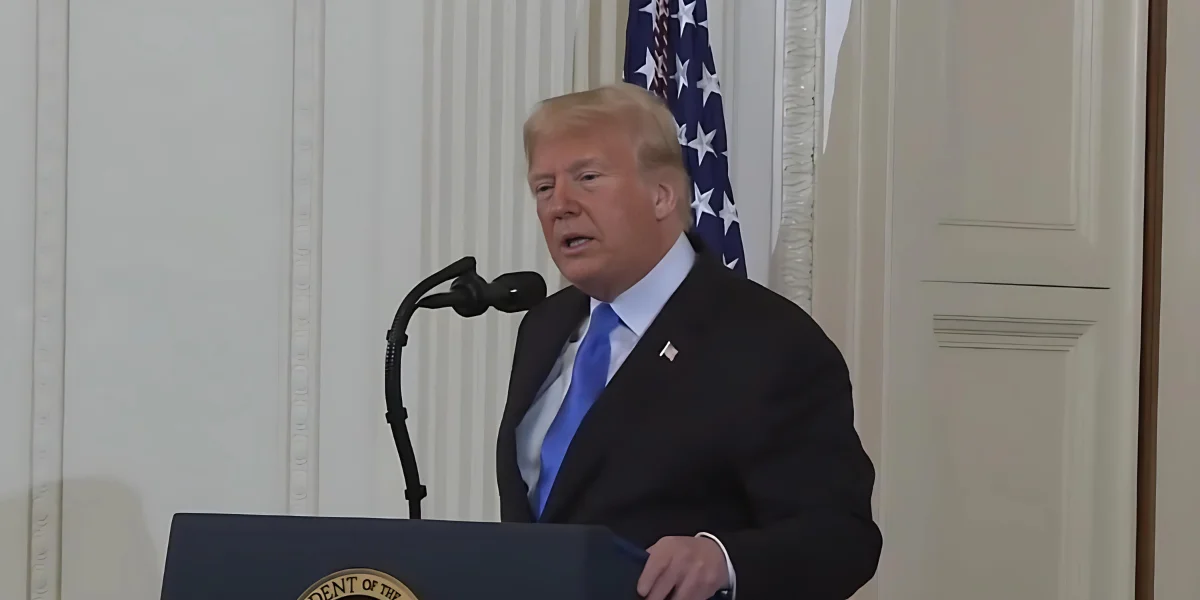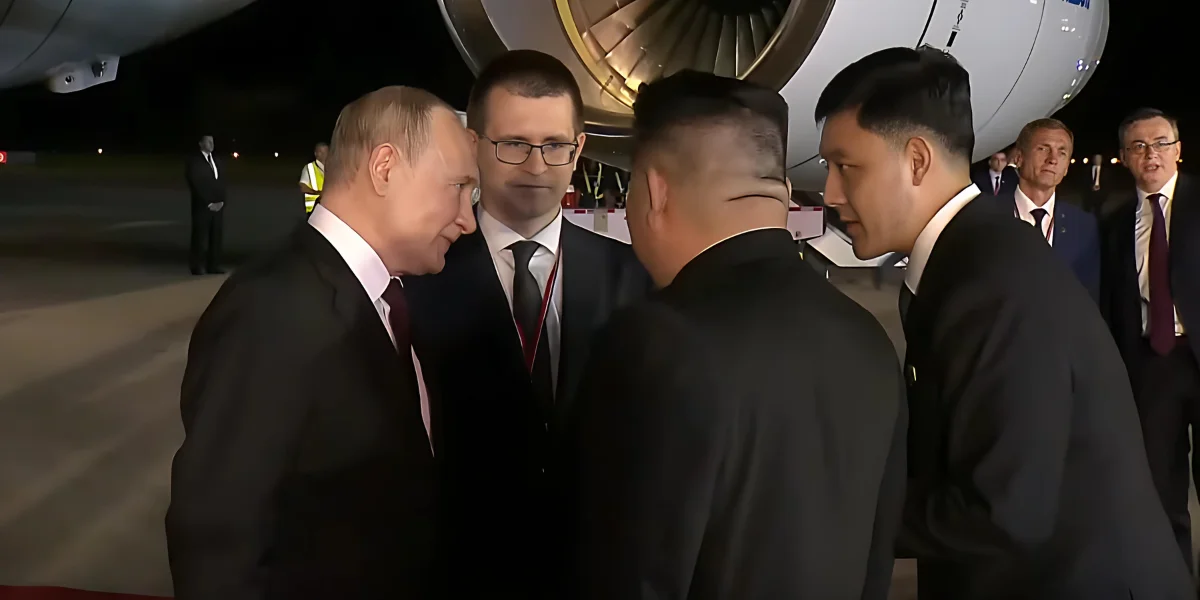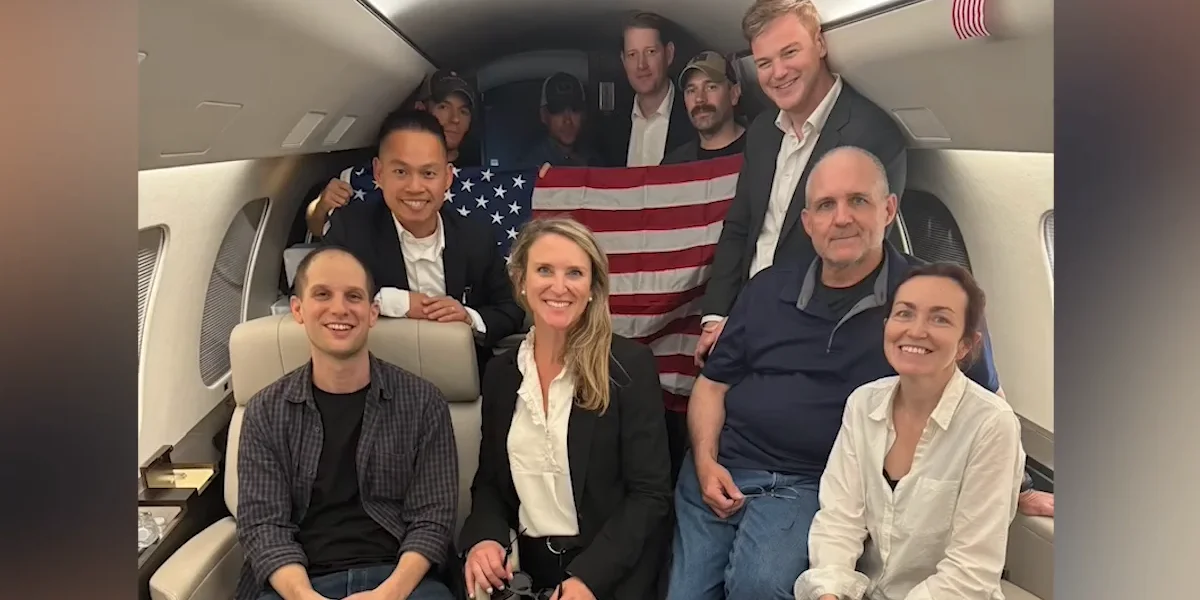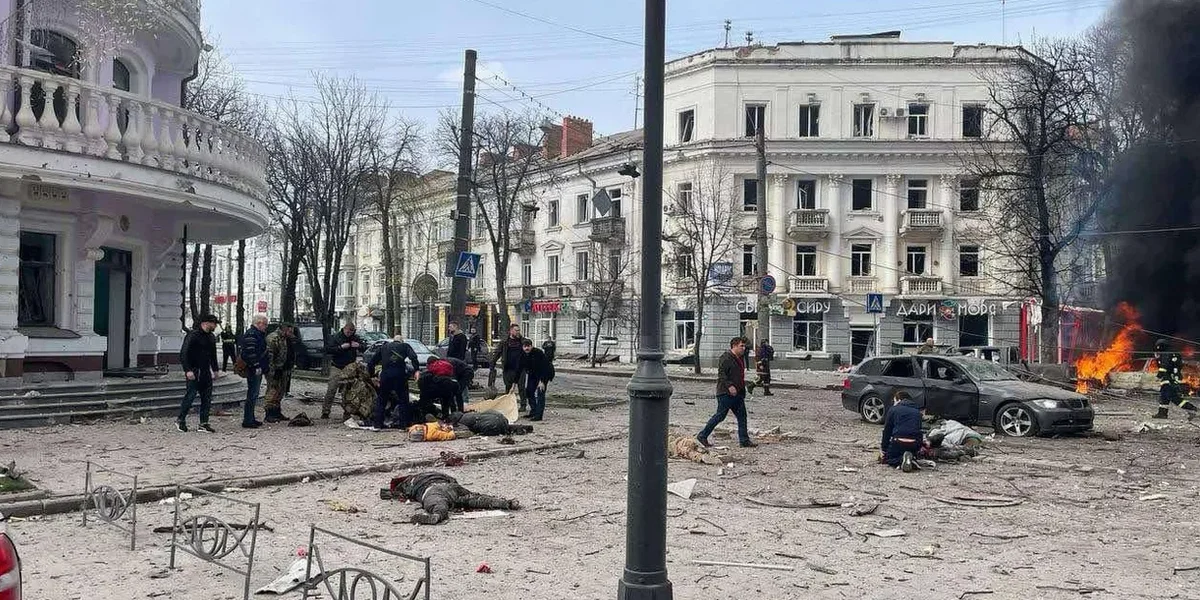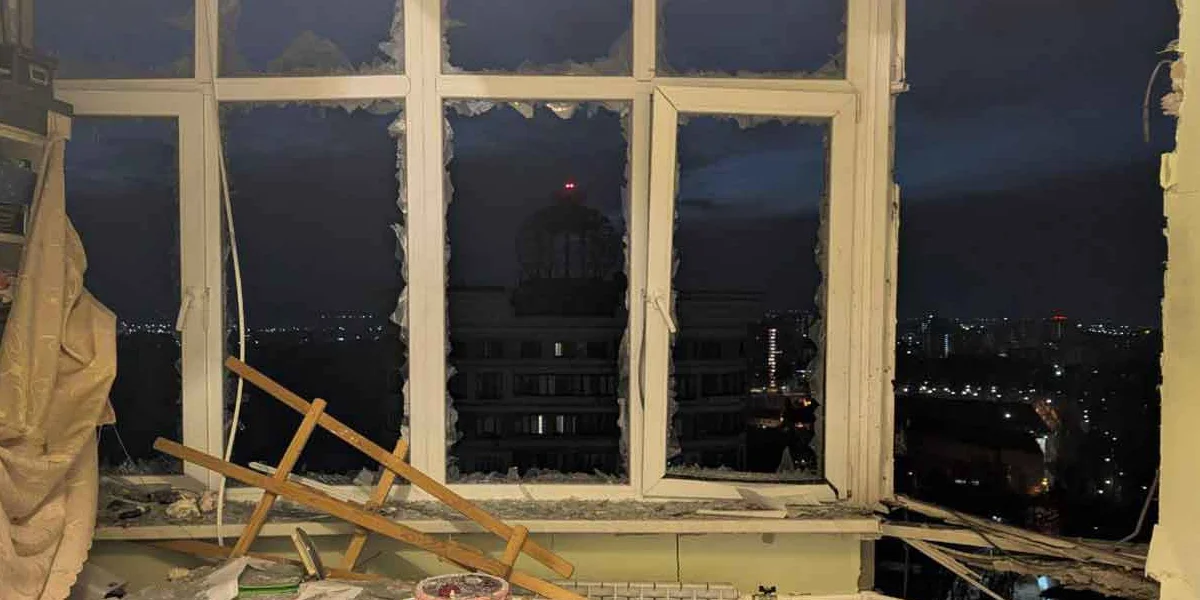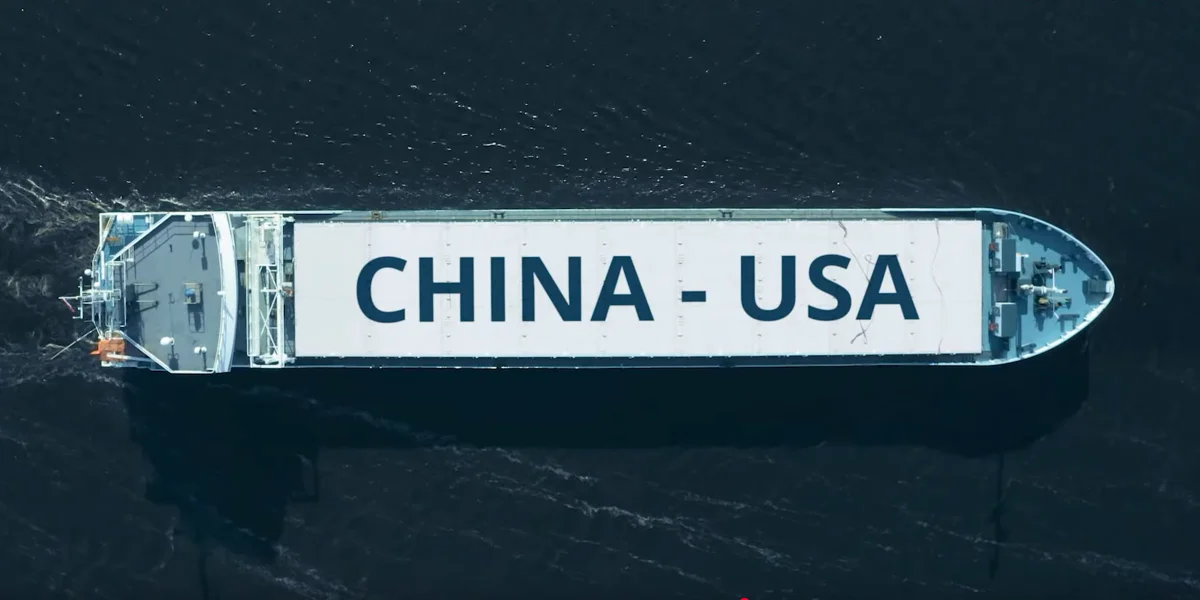Vladimir Putin declares unilateral 3-day ceasefire
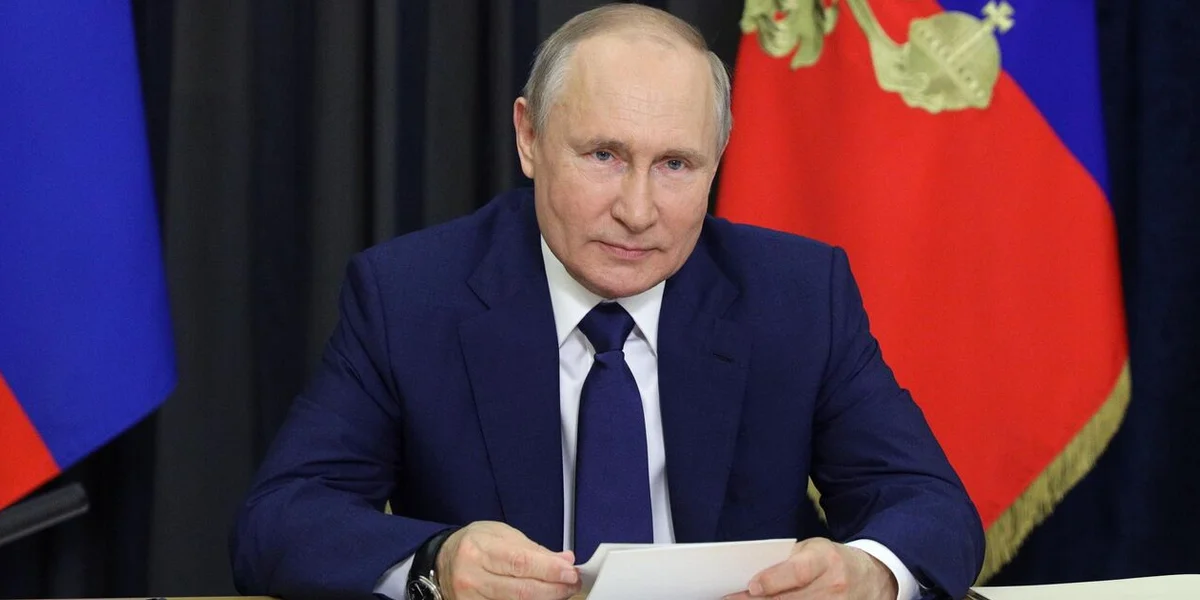
Russian President Vladimir Putin proposed a unilateral three-day ceasefire in Ukraine next month, a move received with skepticism by Ukrainian authorities, who asked that the Kremlin leader accept a lengthier truce proposal from the US, which he has previously refused.
Moscow said “all military actions” in Ukraine would be suspended from midnight May 8 to midnight May 11, a decision which it said was based on “humanitarian considerations.” The truce would take effect on May 9, Russia's World War II Victory Day, as well as the 80th anniversary of Nazi Germany's defeat.
The Kremlin said that the 72-hour truce would go from the beginning of May 8 to the end of May 10, and invited Ukraine to join it. “All hostilities will be suspended during this period,” the Kremlin said in a statement. "Russia believes that the Ukrainian side should follow this example."
The Kremlin stated that if the Ukrainian side violates the truce, Russian military forces would respond in a "adequate and effective" response.
Ukraine responded to Putin's declaration by declaring an immediate month-long truce.
“If Russia truly wants peace, it must cease fire immediately. Why wait until May 8th? If the fire can be ceased now and since any date for 30 days – so it is real, not just for a parade,” the country’s foreign secretary, Andrii Sybiha, wrote on social media.
“Ukraine is ready to support a lasting, durable, and full ceasefire. And this is what we are constantly proposing, for at least 30 days,” he added.
The statement came a little more than a week after the Kremlin declared a 30-hour truce for Easter, which Kyiv hesitantly accepted. Ukraine's military later accused Russia of breaking the April 19 cease-fire with over 2,900 assaults along the vast frontlines. Moscow also accused Ukraine of regularly breaching the agreement.
Senior Trump administration officials think the coming weeks will be critical in negotiating an end to the war, more than three years after Russia started a full-fledged invasion of Ukraine.
On Saturday, Zelenskyy and President Trump spoke for approximately 15 minutes in St. Peter's Basilica before Pope Francis' burial.
Following the discussion, Mr. Trump appeared to have altered his tune on Ukraine and the war, stating that Zelenskyy is willing to reach a peace agreement to stop the conflict. He also condemned Russia for its recent actions in Ukraine, threatening Moscow with financial or secondary penalties in a Truth Social post.
"We had a nice meeting, it was a beautiful meeting," Mr. Trump told reporters outside the White House on Sunday, acknowledging that Zelenskyy has a "tough road ahead."
Asked if he trusts Putin, Mr. Trump answered, "You'll know in about two weeks," without elaborating further.
Although Trump has repeatedly claimed he was close to ending the war, now in its fourth year, his efforts to broker a peace between Russia and Ukraine have so far yielded little result, stalled by Moscow’s hardline demands.
In a series of interviews with foreign media, Russia’s top diplomat, Sergei Lavrov, hinted that Moscow continued to maintain maximalist demands – conditions that both Ukraine and the US have repeatedly pushed back against.
Russians commemorate Victory Day on May 9, 1945, the conclusion of what they refer to as the "Great Patriotic War". The Victory Day parade traditionally features heavy weaponry and is intended as a display of Russian military strength, reinforcing a narrative of resilience and national pride.

